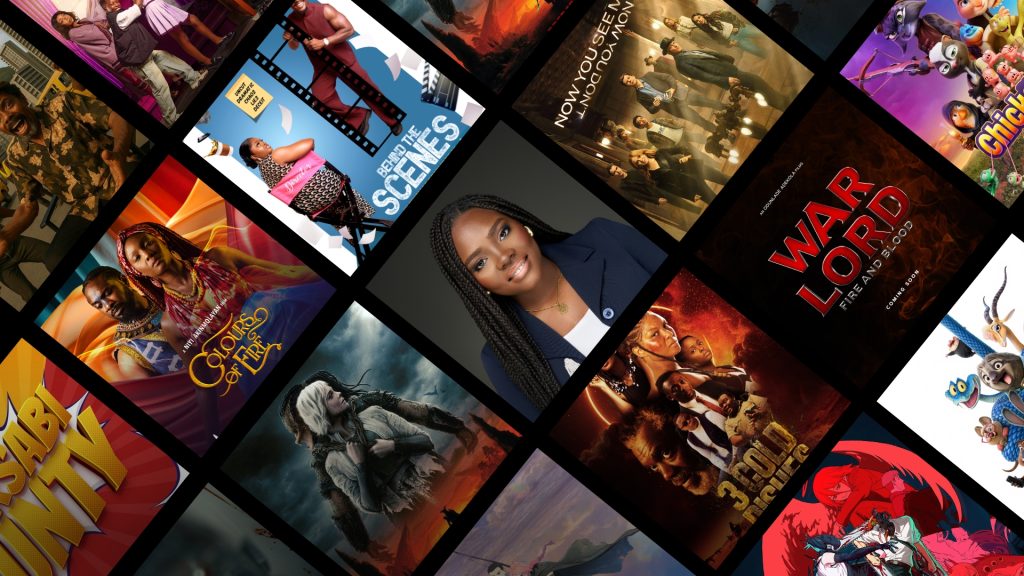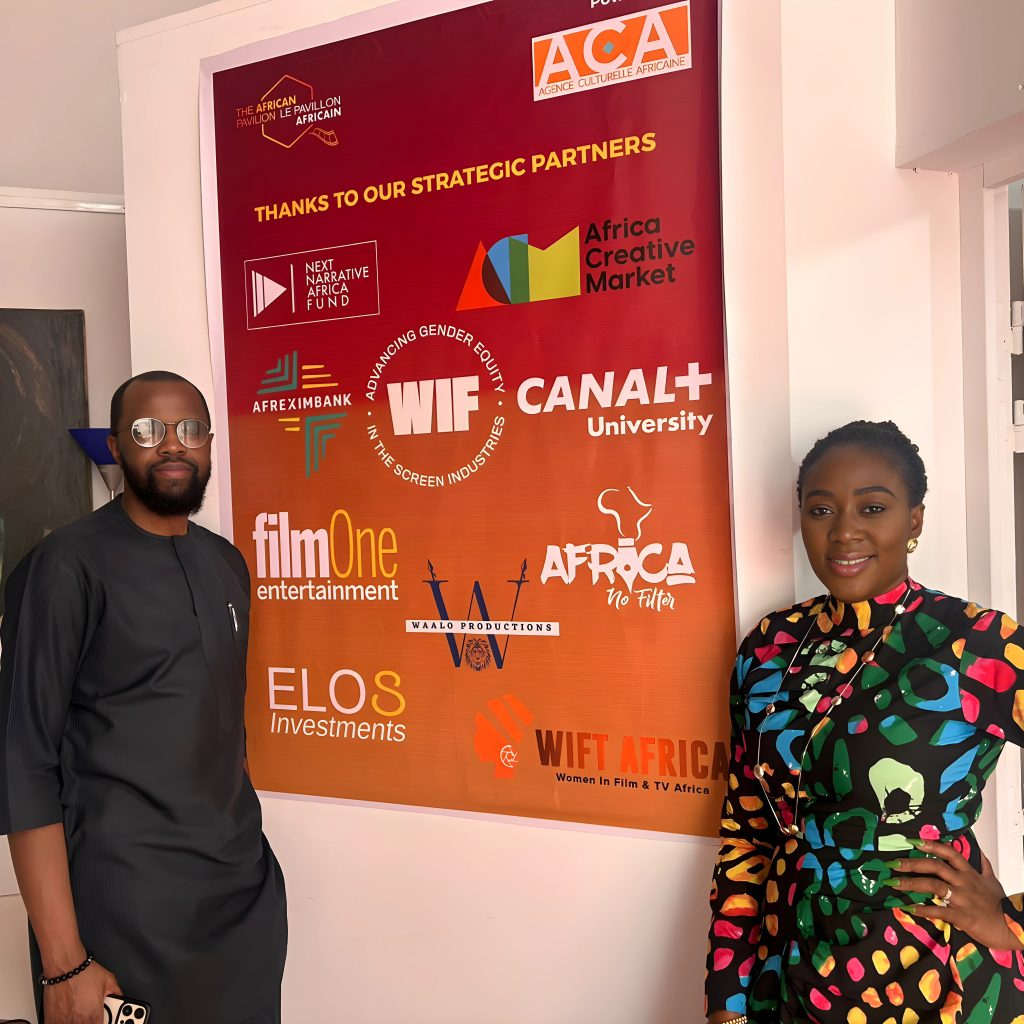5 Mistakes First-Time Distributors Make, and How To Avoid Them

Victoria Ogar, Head of Distribution, FilmOne Entertainment Getting into film distribution is exciting. It is also a lot to take in. I have seen new distributors rush in with passion, but passion alone isn’t enough. This business needs strategy, patience, and strong relationships. That is one of the reasons we launched the FilmOne Exhibitors Showcase to bridge that gap between passion and practical industry knowledge. It is a space that helps new and existing distributors understand the full picture of how film distribution works, build valuable connections, and see how strategy translates into success. Here are five mistakes I see first-timers make, and how you can stay clear of them. 1. Underestimating Relationships Distribution is built on people. Exhibitors, producers, marketers, even fellow distributors; they all matter. Many newcomers focus only on screens, forgetting that without trust and good relationships, films won’t go far. Build your network. Show up. Be reliable. People remember consistency more than promises. 2. Content, Marketing and Positioning It is easy to believe every film will be a hit, especially when you love the story. Content is key, do your homework, Study audience behavior, look at films in the same category, ask questions on box office performances so far and keep your expectations realistic. 3. Distributor & Producer Handshake What works for film A may not work with Film B, C or D. A distributor shares more insights on the landscape and market realities. Understanding what excites the audience is integral to distribution; there needs to be a handshake between producers and distributors on strategies and execution. Some distributors try to copy-paste international strategies without considering local tastes. Know your audience. Understand what excites them and what doesn’t. Distribution is never one-size-fits-all. 4. Marketing Costs Distribution costs money upfront marketing, logistics, prints, promotions. Revenue doesn’t come in immediately, and that delay can sink you if you’re not prepared. Plan properly. Keep track of your spending and always leave room for surprises. Strong cash flow keeps you in the game. 5. Collaborating and Growing in Distribution In distribution, trust opens more doors than hype. You have to be willing to learn from each other, producers, and distributors alike. Both sides need to agree on the strategy and be open about what works and what doesn’t. Mistakes will happen, and that is fine. They are part of the process. What matters is how you recover and grow from them. Approach distribution with humility, foresight, and persistence. That is how you build a career that lasts. Every film is a new chance. And when things don’t go as planned, don’t be afraid to try again. The key is to keep learning always.
Fandom as a Market Force: What Demon Slayer’s ₦175 Million Box Office Reveals About Nigeria’s Entertainment Economy

By Chuka Okonkwo, Marketing Manager, FilmOne Entertainment In early September, Demon Slayer: Infinity Castle opened at the Nigerian box office. By the end of its first weekend, it had earned ₦82 million. Within weeks, that figure passed ₦175 million; the highest box office return for an anime title in West Africa’s history. On the surface, it was a record. Beneath it, a signal. The turnout wasn’t driven by conventional marketing or star power, but from a communal partnership and a well-orchestrated experiential touchpoint for Nigeria’s anime fans and community – one that had never been tapped into in such a large scale. This revealed more clearly than any campaign could that the anime fandom has matured into a market force in Nigeria’s entertainment economy. At FilmOne Entertainment, we have long tracked audience behavior across genres, but Demon Slayer offered a rare case study: a niche product achieving mainstream penetration through community-led enthusiasm. Partnering with AniWe Convention, we saw how subcultures — when engaged rather than marketed to, can convert passion into predictable demand. The screenings at Filmhouse IMAX Lekki and Silverbird Jabi Mall were sold out, with repeat visits from fans who viewed the experience as collective, not transactional. This success also highlights a broader shift in Africa’s cinema economy. The average Nigerian moviegoer is now younger, globally literate, and digitally networked. This demographic consumes stories in multiple languages and formats, and their loyalty is built on authenticity, not advertising. Their power lies in amplification; in turning engagement into visibility, and visibility into revenue. Globally, film industries are recognizing this dynamic. In Japan and the U.S., anime franchises like Demon Slayer and Jujutsu Kaisen are not simply entertainment exports but ecosystems; driving merchandise, streaming demand, and event-based revenues. Nigeria’s own box office is beginning to mirror that diversification, with genres once considered niche now competing directly with local blockbusters. The takeaway is strategic; the next phase of growth will not rely solely on volume or release frequency but on understanding the sociology of audiences, their communities, rituals, and digital footprints. Demon Slayer’s performance shows that content alignment with subculture can outperform broad-based marketing. It is a reminder that the Nigerian cinema landscape is not static. It’s being redefined by audiences who bring their own communities with them; audiences that want to connect with similar crowds and see themselves in the shared space of the cinema hall. The business of film is no longer about predicting what audiences want; it’s about recognizing that they already know, and are organizing around it.
Filmhouse Group at Cannes 2025: Elevating African Cinema on a Global Stage

At Filmhouse Group, we believe in the power of African stories and at Cannes 2025, we witnessed firsthand how those stories continue to capture the world’s imagination. This year, FilmOne Entertainment proudly participated in Cannes, the platform designed to spotlight creatives within the global film ecosystem. Held during the renowned Cannes Film Festival, The Nollywood Conversations creates space for meaningful dialogue, global networking, and the elevation of African cinema on one of the world’s most prestigious stages. Our team, with the Nigerian International Film & TV Summit (NIFS) led and engaged in strategic industry conversations, connected with international distributors, and supported the visibility of Nigerian film in a global context. With a robust slate of Nollywood titles, upcoming co-productions, and a growing network of international collaborators, FilmOne Entertainment continues to play a leading role in shaping the next chapter of African storytelling. We were particularly proud to be part of panel discussions focused on opportunities to present our African stories for global screens areas where FilmOne Entertainment is deeply invested. Cannes also provided the opportunity to explore new partnerships that will help bring African narratives to broader audiences and strengthen the pipeline from local talent to global screens. Our presence at Cannes reaffirms our mission: to champion African voices, support local talent, and create opportunities that ensure African cinema not only thrives at home but leads on the world stage. As the conversation around representation and access continues to evolve globally, Filmhouse Group remains committed to driving visibility, growth, and innovation for Nigerian and African cinema. We are building more than films. We are building a legacy.
